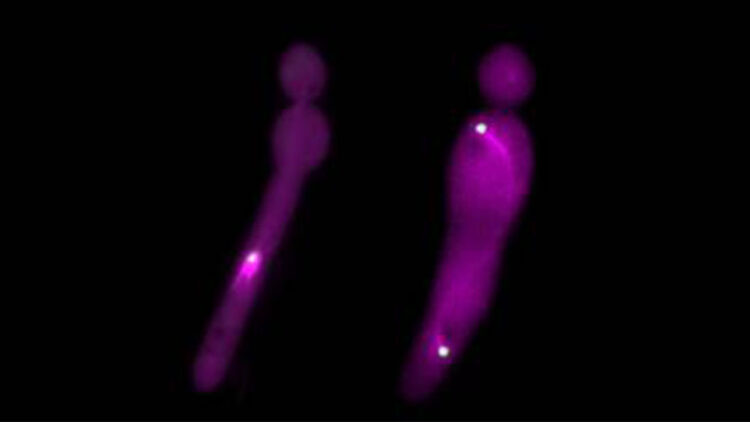New Delhi: A newly identified gene can hold the key to prevent fungal infection Candidiasis that often affects intensive-care unit (ICU) patients, cancer patients and patients receiving immunosuppressive therapy.
The gene called CSA6 has been identified in Candida albicans a fungal species infamous for causing high rates of morbidity and mortality under certain immuno-compromised conditions such as AIDS or during cancer treatment. The fungal species residing in mucosal linings of the gastrointestinal and urogenital tract of healthy individuals turns into a pathogen under immuno-compromised conditions breaching the host defense causing superficial as well as life-threatening systemic infection.
In a recent collaborative study between Professor Kaustuv Sanyal’s group at Jawaharlal Nehru Centre for Advanced Scientific Research (JNCASR), Bangalore, India and Christophe d’Enfert’s group at Institut Pasteur, Paris, France (Jaitly et al, 2022), authors carried out a large-scale screen to identify regulators of chromosome stability in C. albicans, a clinically relevant fungal model system.
The study published in the journal Nature Communications represents the first-ever report of such an extensive screen in the human fungal pathogen C. albicans. It identifies and elucidates the functions of a novel regulator of chromosome stability that is exclusively present in a group of medically relevant human fungal pathogens. Besides, it also provides a systematic scheme for identifying genes whose products may serve as potential therapeutic interventions for fungal infections by posing lesser adverse effects on humans. Hence, small molecule modulators that alter expression levels of the gene called Csa6 offer potential avenues for treatment with no side effects in humans.














Comments